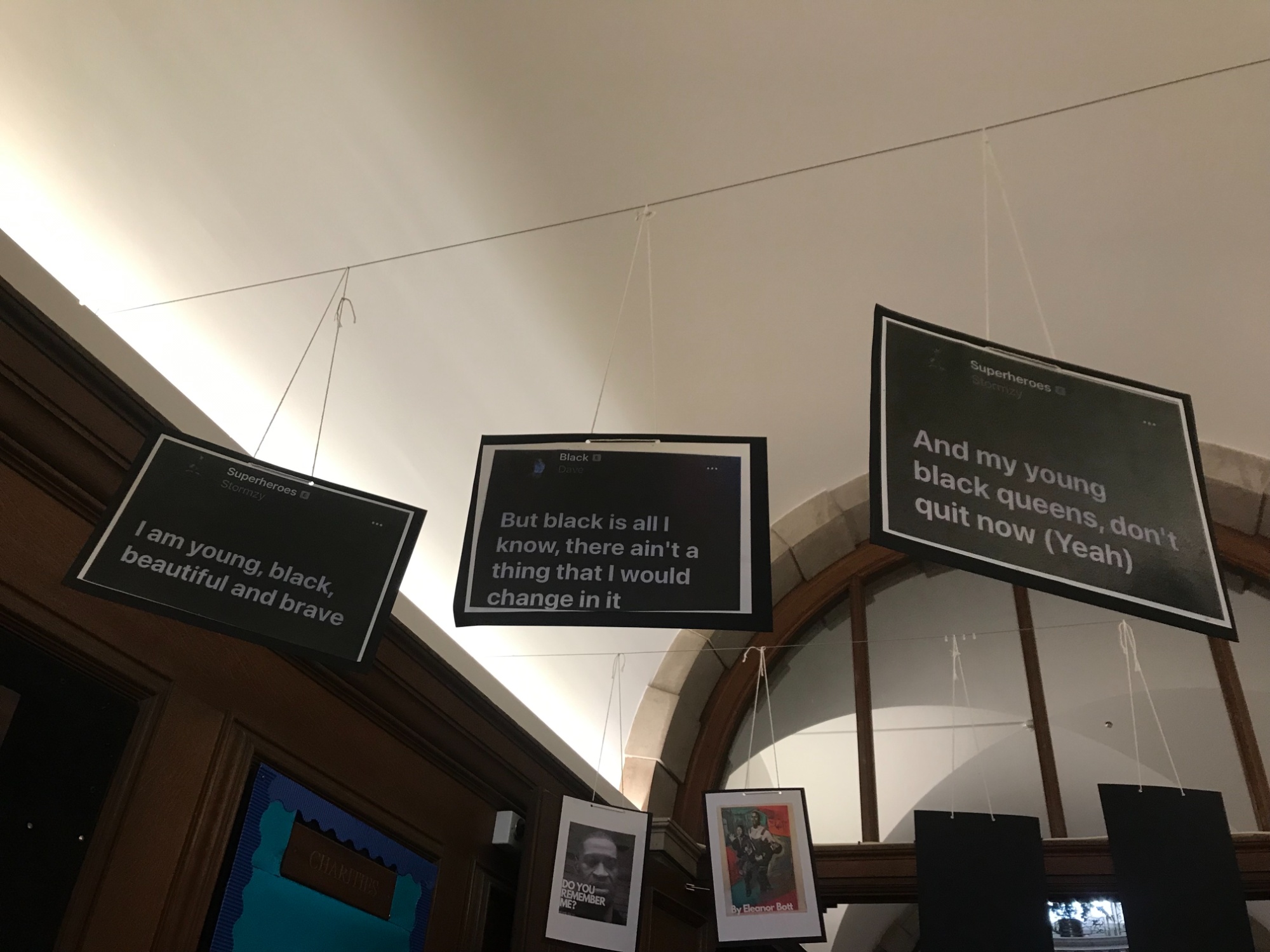Reflecting on a visit from Schools Consent Project
In our latest blog post, Teacher of English Mark Belassie-McCourt, discusses what happened when Schools Consen...
Read MoreIn our latest blog post, we hear from five of our sixth form pupils about what Black History Month means to them and what it means to be black in Britain…
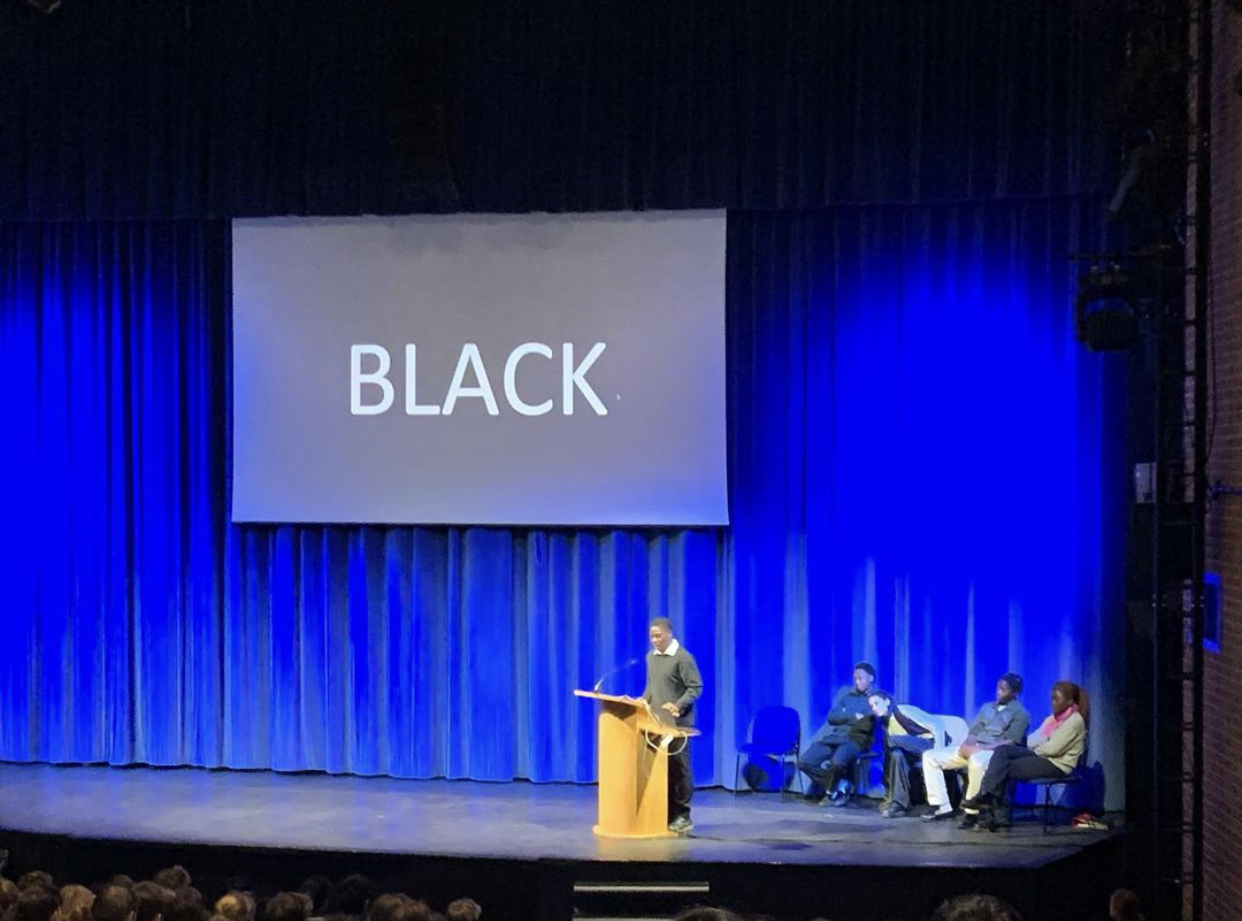 October is Black History Month in the UK and a time to celebrate the contribution black people have made over the centuries in shaping the dynamic and diverse country we have today. It’s a month dedicated to stepping back and reflecting on the turbulent history of the black community, as well as showcasing the powerful contributions black people have made to our culture and our society.
October is Black History Month in the UK and a time to celebrate the contribution black people have made over the centuries in shaping the dynamic and diverse country we have today. It’s a month dedicated to stepping back and reflecting on the turbulent history of the black community, as well as showcasing the powerful contributions black people have made to our culture and our society.
Bryanston recognises the systemic issue of racism and actively understands the need for change. We support our pupils and encourage them to listen to the voices that are being heard all over the world, and to consider the issues and grievances behind their stories.
In recognition of Black History Month, a group of sixth form pupils led an assembly for the whole school in October. Head of School Bryanna A, Head of Equality, Diversity & Inclusion Favour K, Deputy Head of School Ethan A, Head of Hunter House Eleanor B and Ahmad S were the assembly leaders.
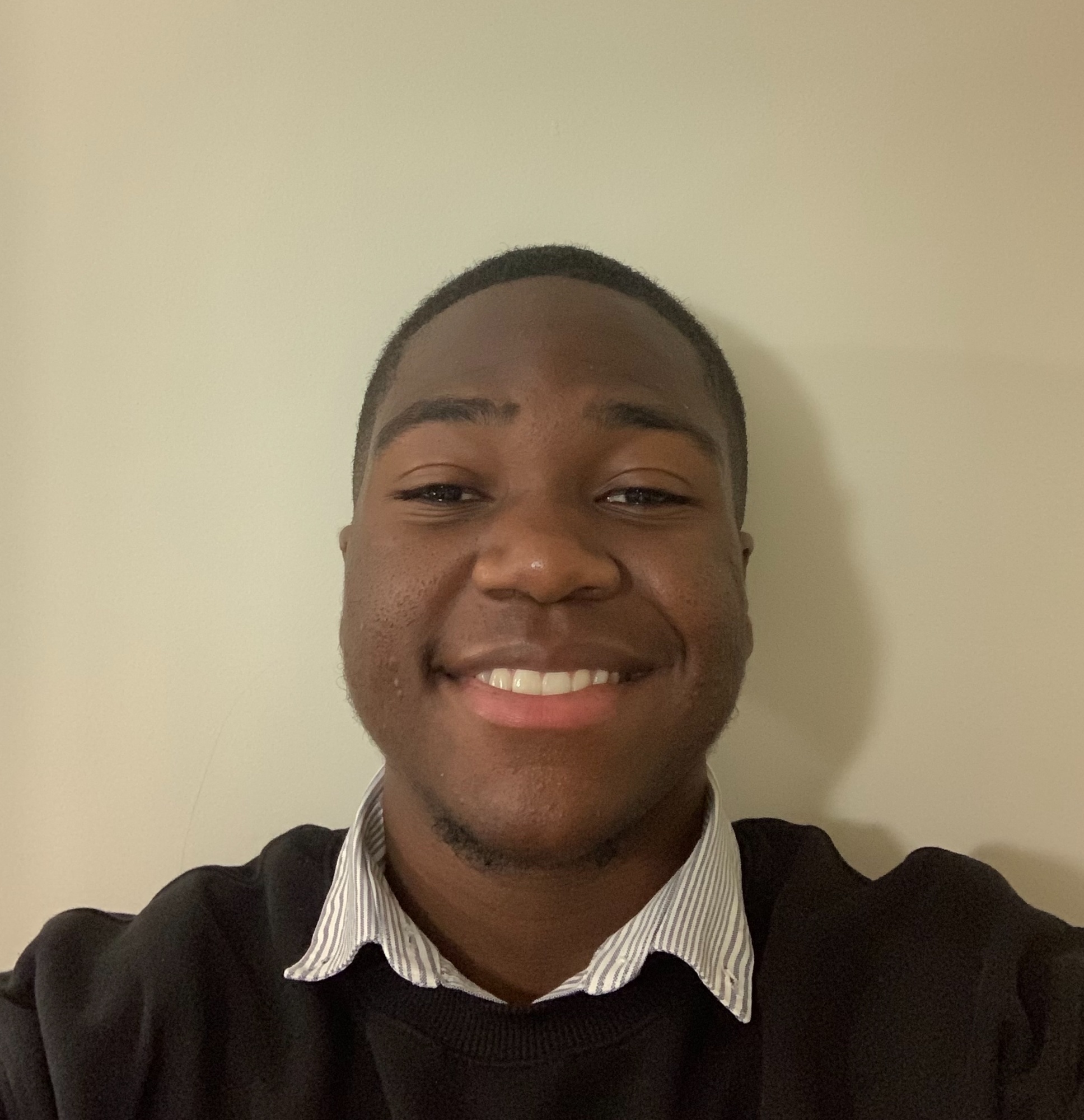 The Assembly started with Ethan A reading a poem that he wrote himself.
The Assembly started with Ethan A reading a poem that he wrote himself.
I come from a land mass
A continent a culture
I am the son of the trees
The grass and the sun
I live in gold, by the beach
In a throne not a seat
I listen to the birds, the lions
And above all, Afro beats
You may not get my context
You may not get my story
My history is more
It is black, it is read, it is gory.
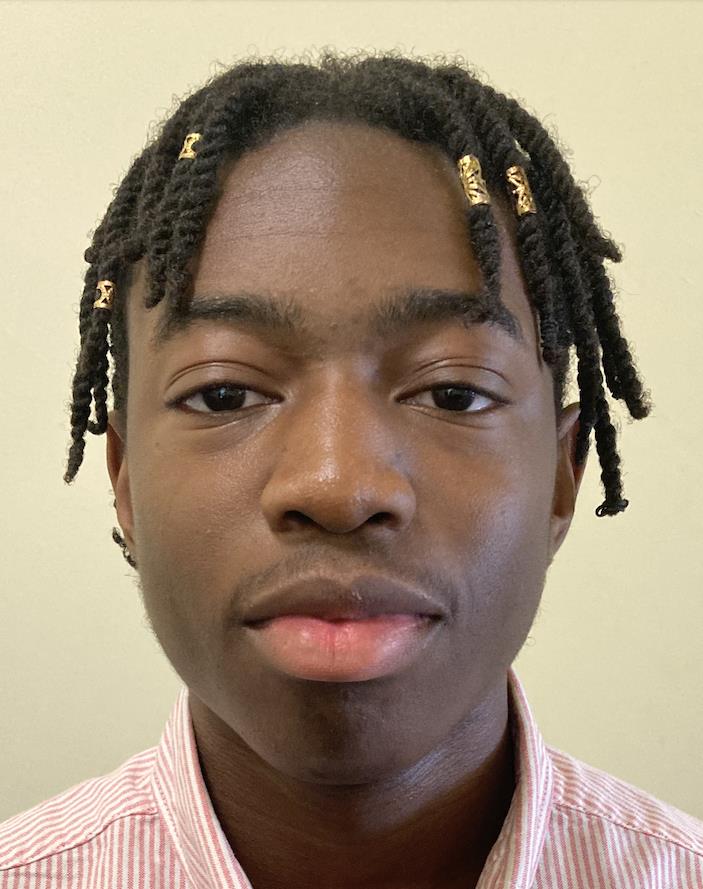 After this poignant poetry reading, we heard from Prefect Leader Favour K who commented on what it means to be black in Britain. “Being black means that you have all these things and many more being said to you, over and over hundreds of times, while you’re growing and you’re thinking, ‘Why are these things being said to me?’. You can start to think that everyone that looks at you doesn’t like you or doesn’t want you there. But over time you learn that it isn’t everyone that thinks like that, only some people.”
After this poignant poetry reading, we heard from Prefect Leader Favour K who commented on what it means to be black in Britain. “Being black means that you have all these things and many more being said to you, over and over hundreds of times, while you’re growing and you’re thinking, ‘Why are these things being said to me?’. You can start to think that everyone that looks at you doesn’t like you or doesn’t want you there. But over time you learn that it isn’t everyone that thinks like that, only some people.”
Favour continued: “I am not saying that people shouldn’t ask questions, but they should be very careful in the way that they ask them, because they might not realise – but words stick with people for a long time.”
Favour showed a video clip of footballer Ian Wright meeting Mr Pigden, his old school teacher. There are people in the world who don’t see race as positive or negative, they just look at the character of a person like Mr Pigden did. Can everyone be more like Mr Pigden?
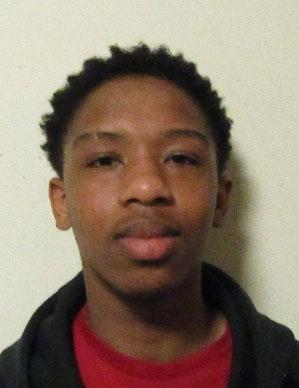 Ahmad S then spoke to the school: “Being black means that because of the colour of your skin, people might already have preconceptions about you, like how you talk or how you act, and when you don’t fit those stereotypes, some people are surprised.
Ahmad S then spoke to the school: “Being black means that because of the colour of your skin, people might already have preconceptions about you, like how you talk or how you act, and when you don’t fit those stereotypes, some people are surprised.
“Being black is more than just a colour. I am black, but I am from Nigeria. Ethan is black but he is from Ghana. Another person could be black, but they could be from Jamaica. They are different countries entirely and they have different cultures and different types of people, but all this can be overshadowed with the stereotypes that come with being black.”
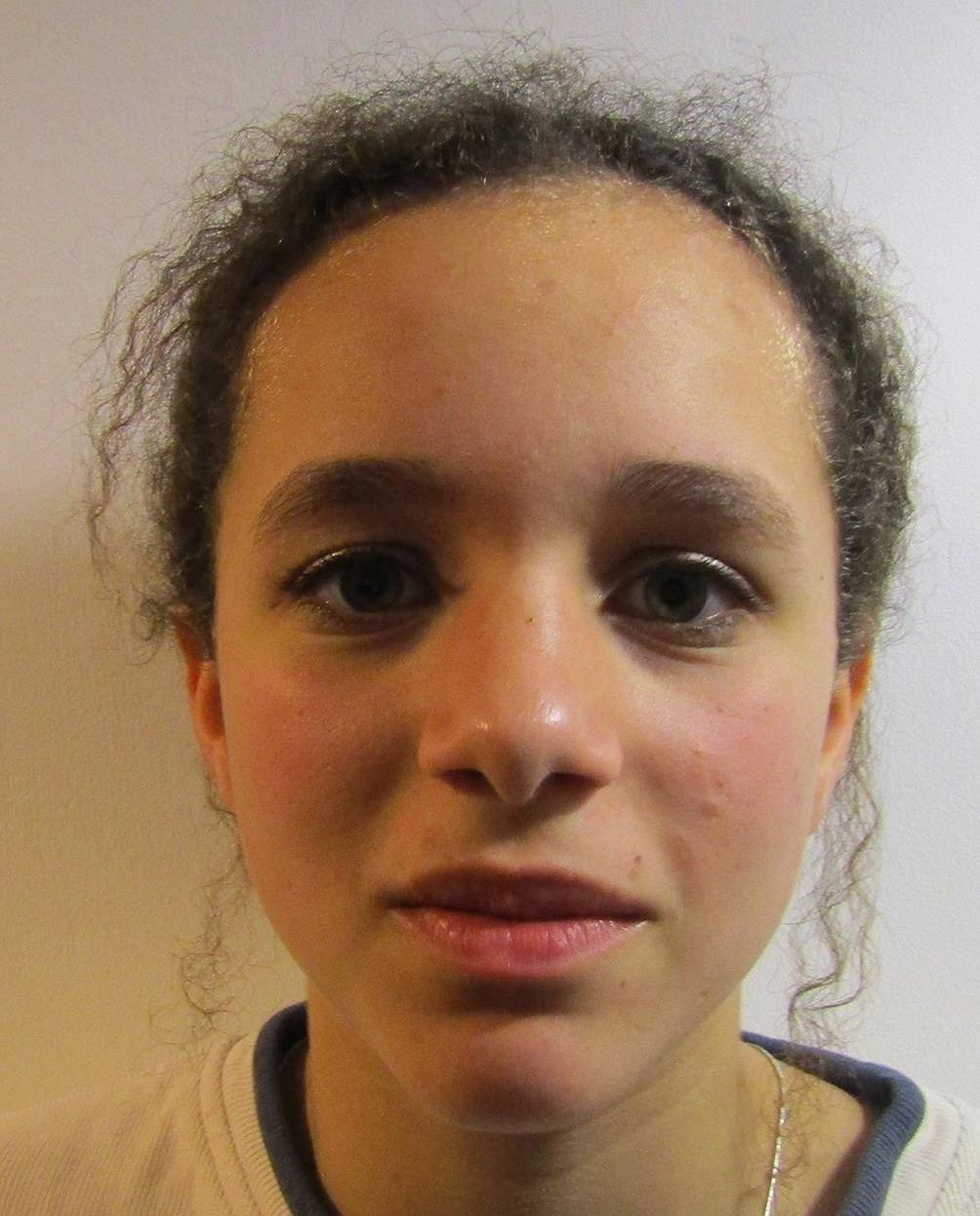 Then we heard from Eleanor who talked about what Black History Month means to her: “To me, it’s a celebration of black history and a month dedicated to recognising and highlighting the achievements of black people in history and present day. It was originally a week but developed into a month in 1976 after US President Gerald Ford extended the recognition ‘to honour the too-often neglected accomplishments of black Americans in every area of endeavour throughout our history’.
Then we heard from Eleanor who talked about what Black History Month means to her: “To me, it’s a celebration of black history and a month dedicated to recognising and highlighting the achievements of black people in history and present day. It was originally a week but developed into a month in 1976 after US President Gerald Ford extended the recognition ‘to honour the too-often neglected accomplishments of black Americans in every area of endeavour throughout our history’.
“Since then, Black History Month continues this discussion through activities such as museum exhibits, film screenings and many other means of encouraging the study of the achievements of black people.
“Some people may ask, ‘Why isn’t there a White History Month?’ I think it’s important to understand that black history is hugely underrepresented in culture. It gives a platform to the black community which otherwise can suffer to be represented.”
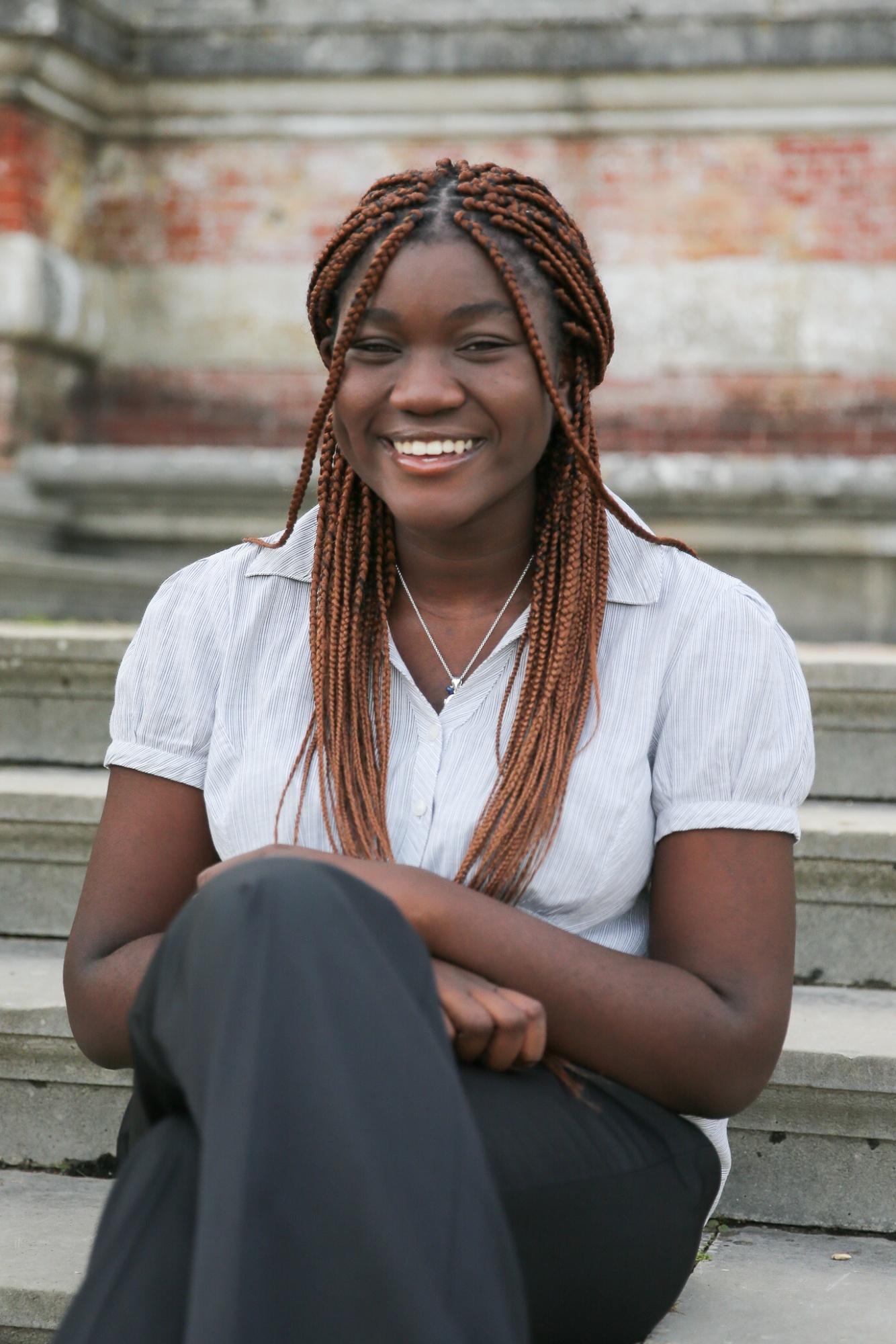 Head of School Bryanna A next spoke about black artists and rappers like Dave, Stormzy, Bob Marley, and politicians like Barack Obama, and other well-known activists like Martin Luther King and Malcolm X – and mentioned how these were people who we had probably all heard of before.
Head of School Bryanna A next spoke about black artists and rappers like Dave, Stormzy, Bob Marley, and politicians like Barack Obama, and other well-known activists like Martin Luther King and Malcolm X – and mentioned how these were people who we had probably all heard of before.
“Today however, we would like to showcase a few black people that you probably haven’t heard about before. Does anyone know who Garret Morgan is? He is the man who came up with significant inventions like the first 3-light traffic signal that we take for granted. Does anyone know who Marie Van Brittan Brown is? She co-invented the home security system. Or how about Lewis Latimer? The lightbulb itself was perfected by Thomas Edison, but the innovation used to create longer-lasting lightbulbs with a carbon filament came from African American inventor, Lewis Latimer.
“I have just given a few examples but there are so many more people that have created and invented everyday appliances that we use today, but that remain largely unrecognised.”
We then heard more from Ethan who spoke about offensive and problematic language that still exists today: “Most of you probably already know what word I am referring to. You only have to watch films like ‘12 Years a Slave’ to see how this word is used to make black people feel inferior and unworthy. Some people might say it without knowing what it means, or without knowing the amount of anger and pain that is stored in that word.
“It was in the summer of 1619 when a ship arrived in a port in Virginia, carrying around 20 Africans who were chained up to be sold as slaves. It was the first documented arrival of slaves in the US, and from then on, 12.5 million Africans were shipped around the world and of that number, only 10 million survived and made it to their destination, not ready for the amount of pain, abuse, and torture that they were about to endure.
“The N-word is tied into the idea that African people aren’t really human beings, and that they could be bought and sold, thrown overboard ships – without rights.
“I hope after hearing me speak, you will know the history of the word and understand why it shouldn’t be used and why it’s so offensive.”
After hearing from Ethan, Ahmad commented on the aim of today’s Assembly: “We have come here today to stand up and talk to all of you about our experiences and give you some information about black history and what it means to us. Hopefully after this, everyone can reflect on what has been said.”
Favour concluded the Assembly by adding: “I think that when there is no point in having a Black History Month, we’ll all know that we are heading in the right direction. Because at that point, everyone will be educated enough and know about our history and our pain, and we would be able to stop calling each other a black person, or a white person, or an Asian person, but instead just be seen as a person.
“We would be judged, not by the colour of our skin, or the shape of our eyes or nose, but by our deeds, our actions, our words, and what we can offer to society.”
